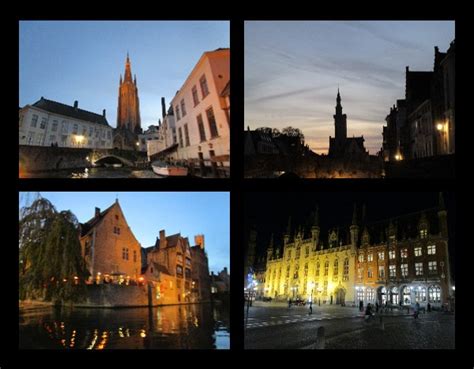A Quote by Johann Wolfgang von Goethe
Freedom consists not in refusing to recognize anything above us, but in respecting something which is above us; for by respecting it, we raise ourselves to it, and, by our very acknowledgment, prove that we bear within ourselves what is higher, and are worthy to be on a level with it.
Related Quotes
Although our moral conscience is a part of our consciousness, we do not feel ourselves on an equality with it. In this voice which makes itself heard only to give us orders and establish prohibitions, we cannot recognize our own voices; the very tone in which it speaks to us warns us that it expresses something within us that is not of ourselves.
Mortality is a period of testing, a time to prove ourselves worthy to return to the presence of our Heavenly Father. In order for us to be tested, we must face challenges and difficulties. These can break us, and the surface of our souls may crack and crumble-that is, if our foundations of faith, our testimonies of truth are not deeply embedded within us.
Some of us have a hard time believing that we are actually able to face our own pain. We have convinced ourselves that our pain is too deep, too frightening, something to avoid at all costs. Yet if we finally allow ourselves to feel the depth of that sadness and gently let it break our hearts, we may come to feel a great freedom, a genuine sense of release and peace, because we have finally stopped running away from ourselves and from the pain that lives within us.
Baba tells us that when we serve another, we should remind ourselves that we are serving the Divinity within that other. This is something that we frequently forget, for it needs a very big mental re-adjustment. Don't worry about it -- just serve! But the very least that is demanded of us in this context is to RESPECT the person we are serving. That includes respecting their beliefs; in fact, it means reaching their spiritual Self through their beliefs, not ours. It means putting oneself in their shoes; cheering them up if possible, but seeing things from their point of view.
God has formed us moral agents... that we may promote the happiness of those with whom He has placed us in society, by acting honestly towards all, benevolently to those who fall within our way, respecting sacredly their rights, bodily and mental, and cherishing especially their freedom of conscience, as we value our own.





































